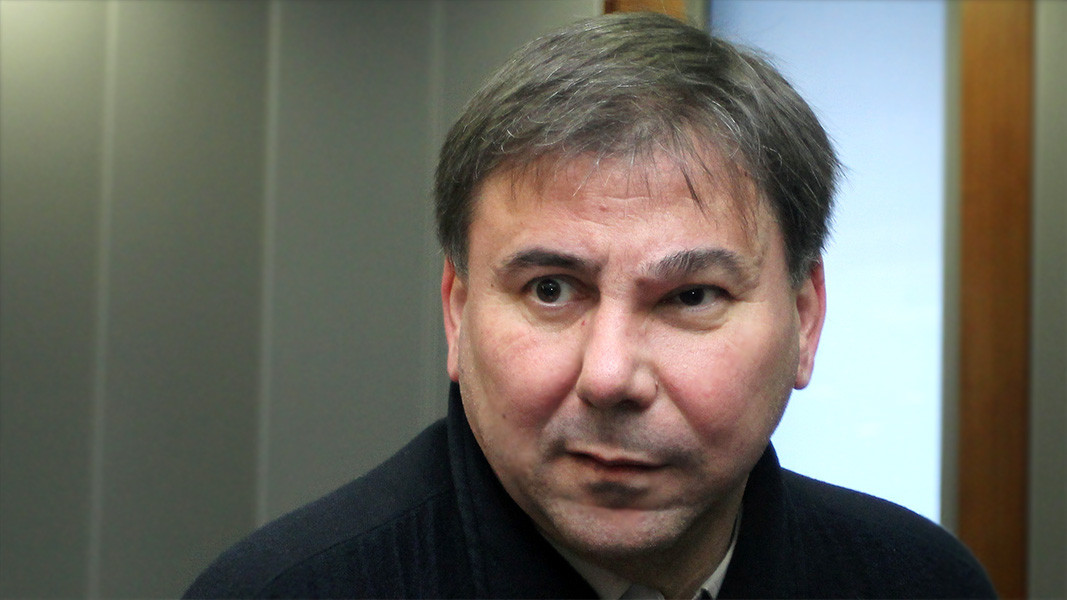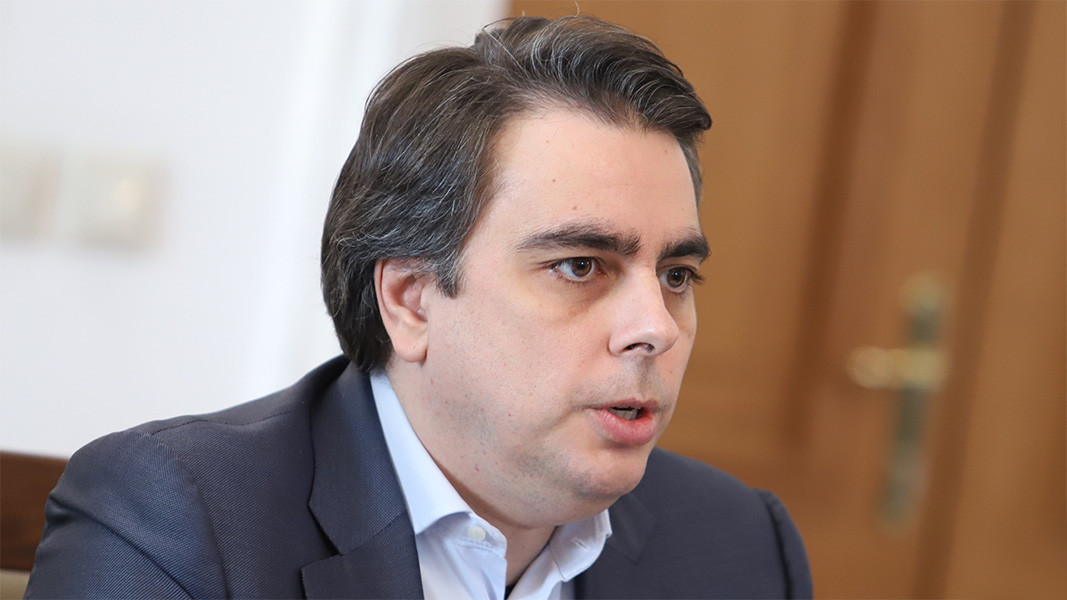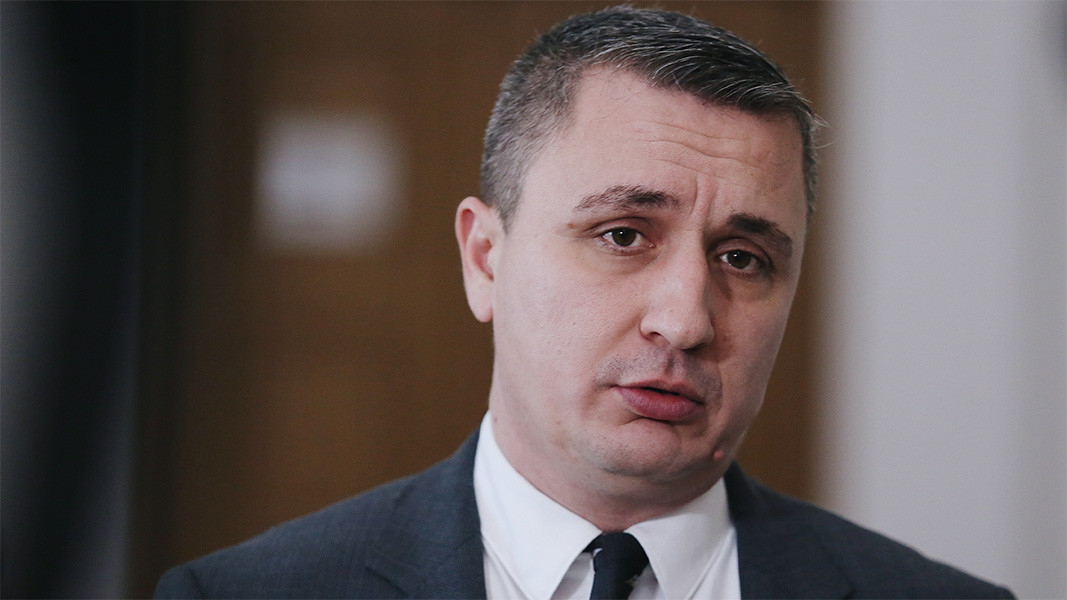The war waged by Russia in Ukraine and its consequences for Bulgaria and Europe were at the focus of attention at the annual business meeting with the government. The 12th edition of the forum, organized by Capital newspaper, took place in an unprecedented situation, with war raging just a few hundred kilometres from Bulgaria’s borders, a war involving two countries, but also the European Union, NATO and the entire international community.
This conflict is going to change not just part of the world, it is going to change the whole world, of which Bulgaria is part, political scientist Ivan Krastev said:
“We live in a different world. On the one hand there is the pandemic which brings a feeling of catastrophe because of the impossibility of going back to where we were before. On the other hand, there is the war. There is an entire generation living in a world completely different from the world we are now in, who have never even heard of nuclear weapons.”

The idea, that has grown to become a foregone conclusion for the European countries - that if you have robust trade relations with a given country war between the two becomes impossible - has been proved completely wrong, Ivan Krastev said.
“And suddenly, in a time of conflict we find interdependence turning into vulnerability,” Ivan Krastev stated, and went on to explain how one more truth has been debunked by the conflict – to what an extent neutrality is possible in a situation like this. “The idea that you can step out of history and watch from the sidelines is, I believe, an illusion we can uphold, though it is unworkable in this world of today.”
It was precisely for this reason that one of the key messages conveyed by the government of Bulgaria was the need to have a clear position towards Russia and to differentiate between the affection part of Bulgarian society and some parties feel for Russia, and Putin’s regime, Prime Minister Kiril Petkov explained.
What will the economic consequences of the war be for Bulgaria?
“What is happening in Ukraine is not going to stop in 2-3 months’ time, it will most certainly go on for several years,” said Minister of Finance Assen Vassilev.

“The scenarios we are working on include the scenario of the conflict spilling over into Moldova, possible disruptions of navigation and the waterways supply chain. We are prepared for shortages, or for a close-to-zero wheat harvest in Eastern Europe. We, in Bulgaria have already solved this problem by buying up a large portion of the grain on the territory of the country,” Minister Vassilev said, and gave as an example what would happen if there were to be a grain shortage in North Africa which is one of the biggest grain crop importers in the world.
“If the price of bread there were to go up that could lead to instability of the governments and to potential waves of refugees. All of these scenarios should be examined, their economic effects taken into account and steps taken to cope with the consequences, but also to allow businesses to operate undisturbed.”
Natural gas supplies and the danger of an energy crisis is another important item on the agenda. PM Kiril Petkov and Finance Minister Assen Vassilev reiterated that efforts were being made towards diversification and guaranteeing oil and gas deliveries. Bulgaria’s long-term contract with Gazprom expires at the end of this year. Signing a new one as the war rages on, and in light of the new plans of the EU connected with it, seems highly unlikely.
“There is some good news for us – our geographic location is such that there are alternative routes here, we have infrastructure with other countries that can be used for liquefied gas (via Turkey and Greece),” Energy Minister Alexander Nikolov said. “The problem is there are specific delivery issues and it is difficult to make a decision at this point on how they can be put in place on a larger scale.”

On the other hand, once it is made operational, the interconnector with Greece – along which this country will get gas from Azerbaijan – will cover 30% of Bulgaria’s needs. “I hope this project will have been completed by the end of June,” PM Kiril Petkov said.
Photos: BGNES
The assets of private pension funds have reached EUR 13 billion. According to data from the Financial Supervision Commission, they have increased by more than 20% compared to the same period last year. As of September 30, 2024, the number of..
There has been an upsurge in the economy in every region of Bulgaria, the effects of the Covid crisis have been overcome, tourism has fully recovered, which is evident in Bulgarian seaside regions and spa resorts - this is the conclusion that is drawn..
More than EUR 1 billion will be invested in agriculture and rural areas in Bulgaria in 2025. According to a decision by the Monitoring Committee of the Strategic Plan for Agricultural Development, the funds are aimed at modernizing agriculture and..

+359 2 9336 661
